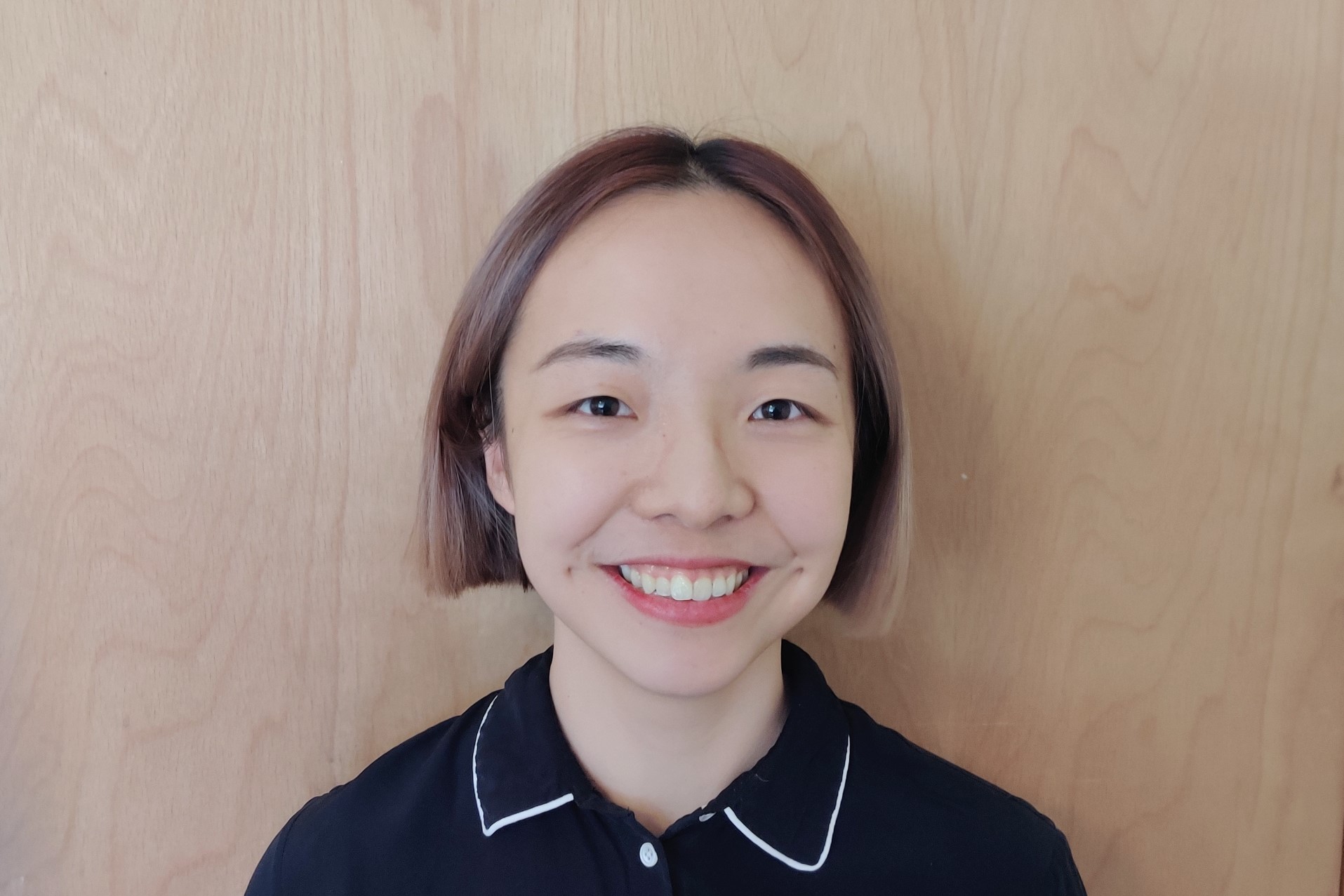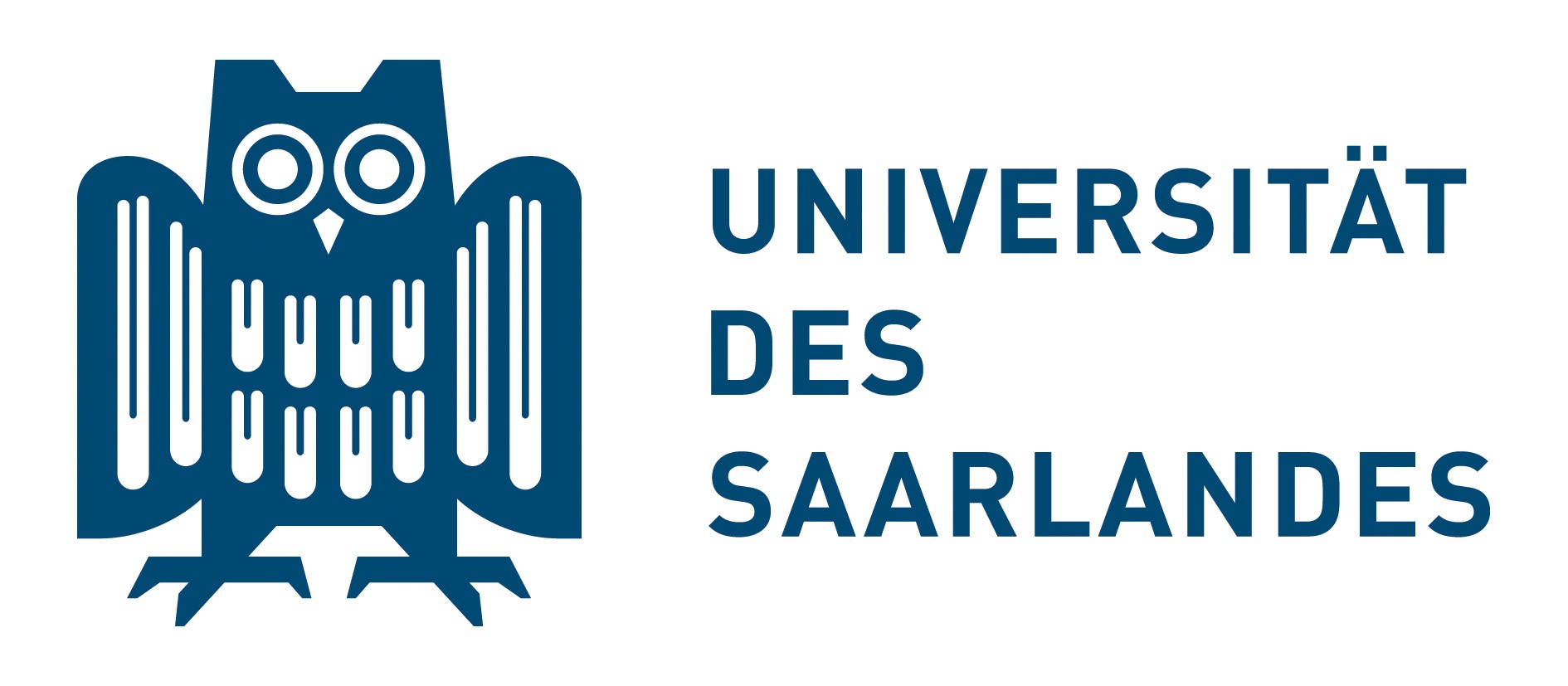Groups and Researchers in this Field
Principles of Security and Privacy
Gilles Barthe's research interests lie in the areas of programming languages and program verification, software and system security, cryptography, formal methods and logic. His goal is to develop foundations and tools for reasoning about security and privacy properties of algorithms and implementations. His recent work focuses on building relational verification methods for probabilistic programs and on their applications in cryptography and privacy. He is also interested in provably secure countermeasures against side-channel attacks. Read more
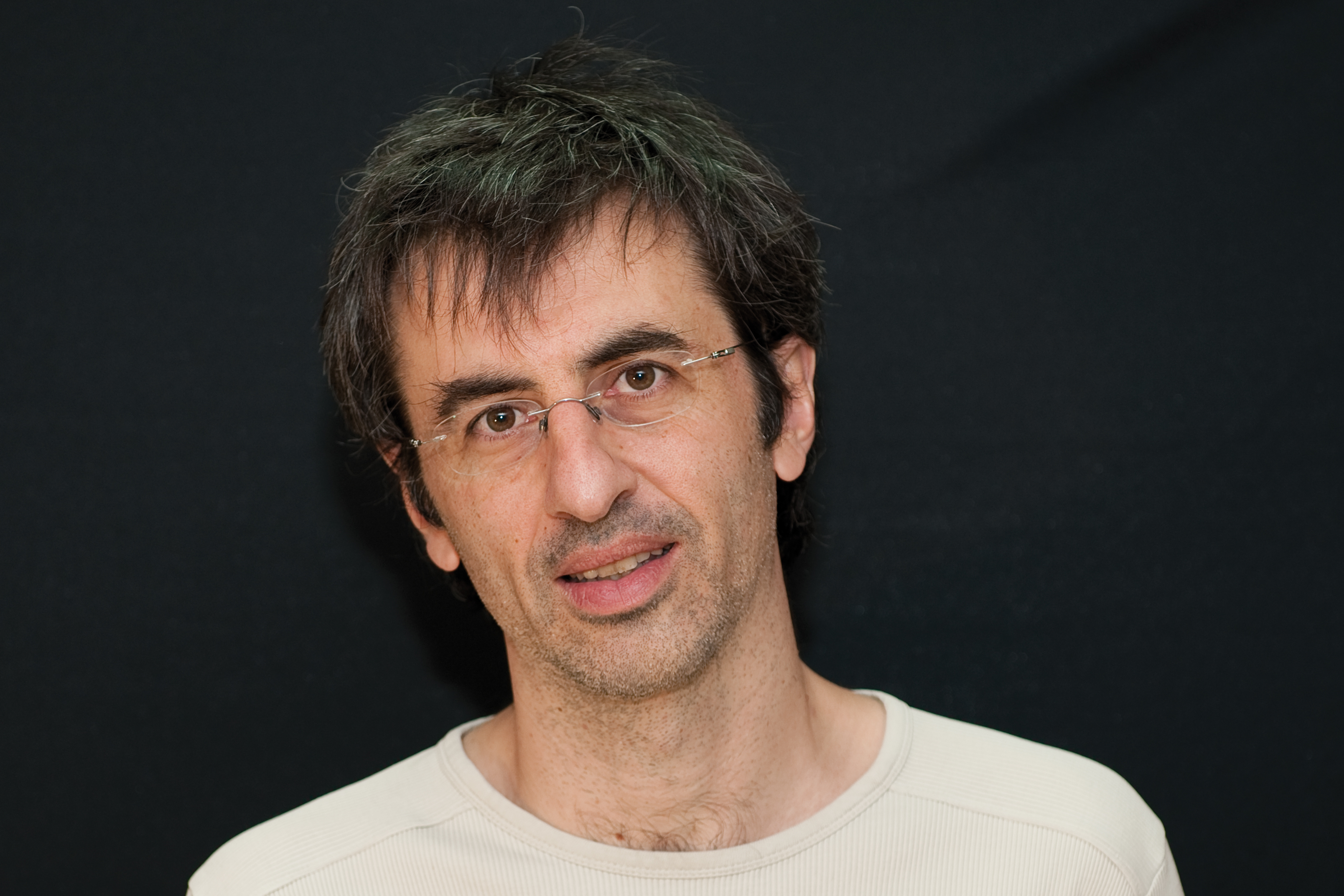
Responsible Computing
Asia Biega will be joining MPI-SP as a tenure-track faculty in early 2021. Through interdisciplinary collaborations, she designs ethically, socially, and legally responsible information and social computing systems and studies how they interact with and influence their users. Before joining Microsoft Research, she completed her PhD summa cum laude at the Max Planck Institute for Informatics and Saarland University. Her doctoral work focused on the issues of privacy and fairness in search systems. She has published her work in leading information retrieval, Web, and data mining venues. Beyond academia, her perspectives and methodological approaches are informed by an industrial experience, including work on privacy infrastructure at Google and consulting for Microsoft product teams on issues related to FATE (Fairness, Accountability, Transparency, and Ethics) and privacy. Read more
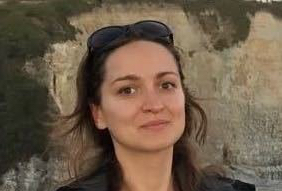
Software Security
Marcel Böhme is a tenure-track faculty at MPI-SP and head of the Software Security research group. His current research interest is the automatic discovery of software bugs and security flaws at the very large scale. One part of his group develops the foundations of automatic software testing (an approach to finding bugs by auto-generating executions) to elucidate fundamental limitations of existing techniques, and to explore the assurances that software testing provides when no bugs are found. The other part of his group develops practical vulnerability discovery tools that are publicly available and widely used in software security practice. Read more
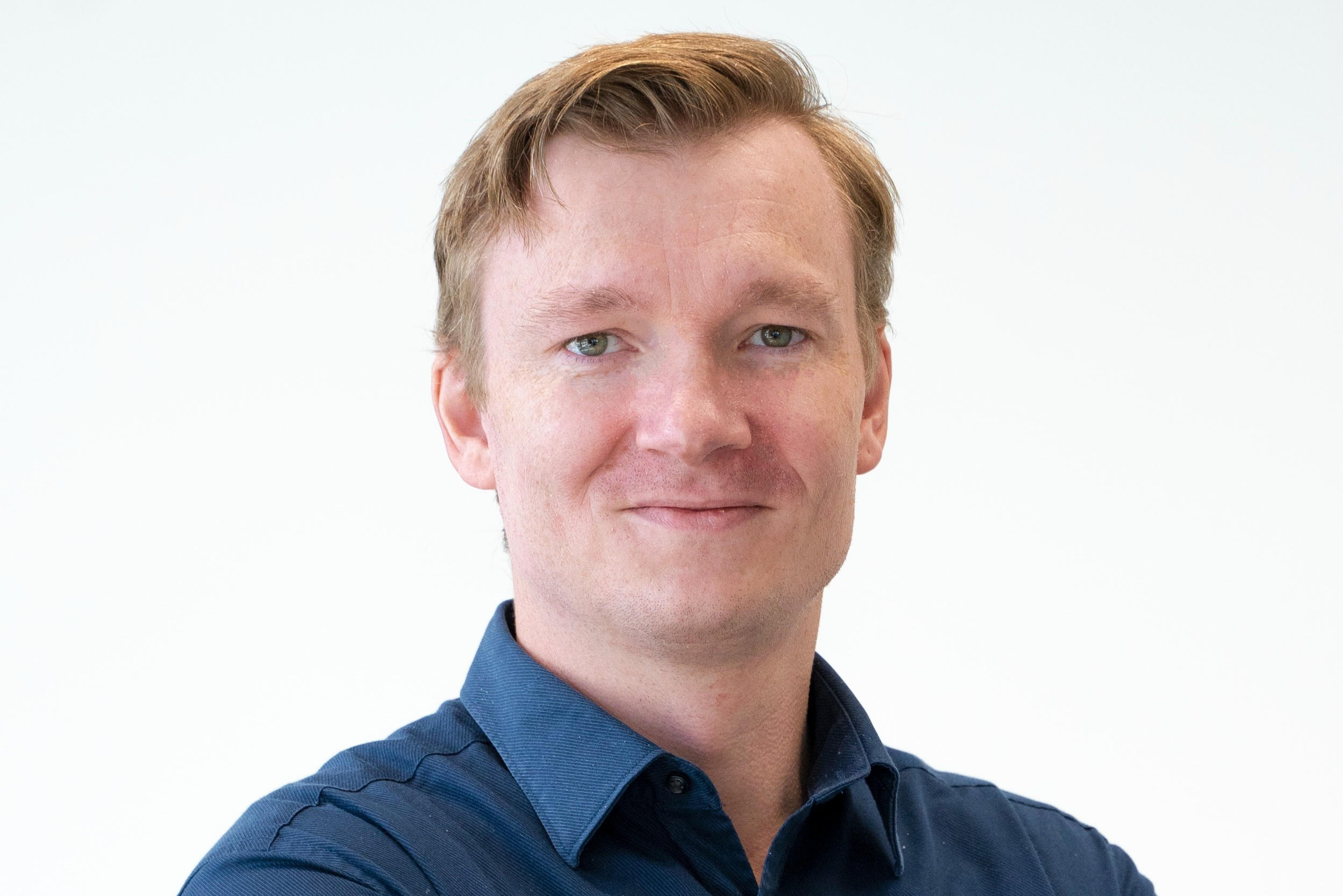
Distributed Systems
Peter Druschel is the founding director of the Max Planck Institute for Software Systems, where he leads the Distributed Systems research group. He is also an adjunct professor at Saarland University, Associate Director of the Center for IT-Security, Privacy, and Accountability, and a Principal Investigator in the Cluster of Excellence on Multimodal Computing and Interaction. He has received an NSF CAREER Award, an Alfred P. Sloan Fellowship, and the Mark Weiser Award. His research interests are in understanding, designing, and building computer systems. In the past, he has worked on operating systems, network services, peer-to-peer systems, and accountable distributed systems. Currently, he is interested in practical techniques to make distributed and mobile systems secure, accountable, and privacy-preserving. Read more

Privacy Issues Surrounding Online Tracking
Paul Francis is on the faculty of the Max Planck Institute for Software Systems, where he leads a research group in the Security & Privacy area. In the past, his research focused on routing and addressing problems in the Internet and P2P networks, with innovations including NAT, shared-tree multicast, the first P2P multicast system, the first DHT (as part of landmark routing), and virtual aggregation. His current research focuses on privacy issues surrounding online tracking. The primary economic drivers of user tracking are behavioral advertising and analytics; his group designs and builds systems that allow for advertising and analytics without violating individual user privacy. In addition, he has co-founded the startup aircloak.com, which uses a “cloaked computing” approach as a basis for private analytics. Read more

Foundations of Computer Security
Deepak Garg’s interests include computer security and privacy, formal logic, and programming languages. He is head of the Foundations of Computer Security group, associated with both the Security & Privacy and the Programming Languages & Verification research areas at the Max Planck Institute for Software Systems. The group’s current projects investigate tracking and controlling flows of sensitive information through Web browsers, using type systems to statically estimate the asymptotic complexity of incremental runs of programs, creating mechanisms to enforce data protection policies across multiple system infrastructure layers, extending separation logics to reason about security protocols, and developing foundations and algorithms for temporal logic-based privacy audits of legal compliance, among others. Read more
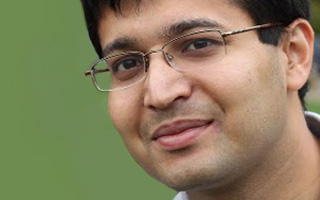
Social Computing
Krishna Gummadi heads the Social Computing research group at the Max Planck Institute for Software Systems. He is broadly interested in understanding and building networked and distributed computer systems. Currently, the group’s research focuses on social computing systems: an emerging class of societal-scale human-computer systems that facilitate interactions and knowledge exchange between individuals, organizations, and governments in our society. A few examples include social networking sites like Facebook, blogging and microblogging sites like LiveJournal and Twitter, and content sharing sites like YouTube, among many others. Through user studies, examining data, and building systems, the group aims to understand, predict, and control the behavior of their constituent human users and computer systems. Read more
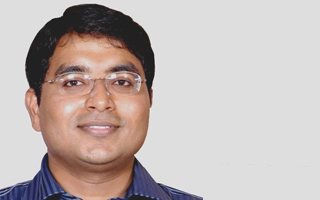
Formally Verified Security
Cătălin Hrițcu is a tenured faculty member at the Max Planck Institute for Security and Privacy (MPI-SP). He is particularly interested in security foundations (secure compilation, compartmentalization, memory safety, security protocols, information flow), programming languages (program verification, proof assistants, dependent types, formal semantics, mechanized metatheory, property-based testing), and the design and verification of secure systems (reference monitors, secure compilation chains, tagged architectures). He was awarded an ERC Starting Grant on formally secure compilation and is also actively involved in the design of the F* verification system. Read more
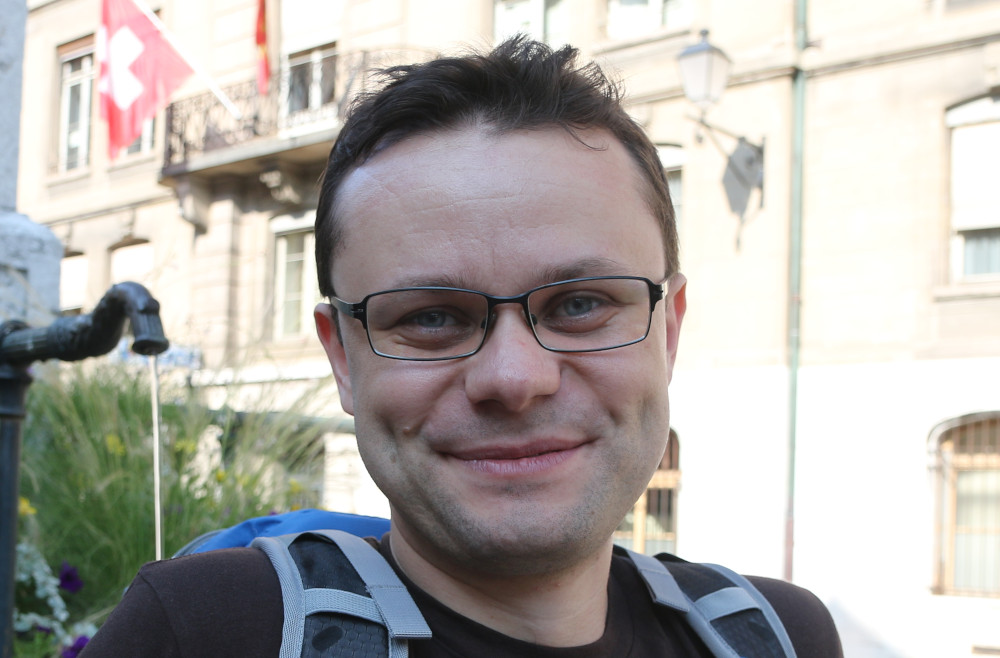
Cryptographic Systems
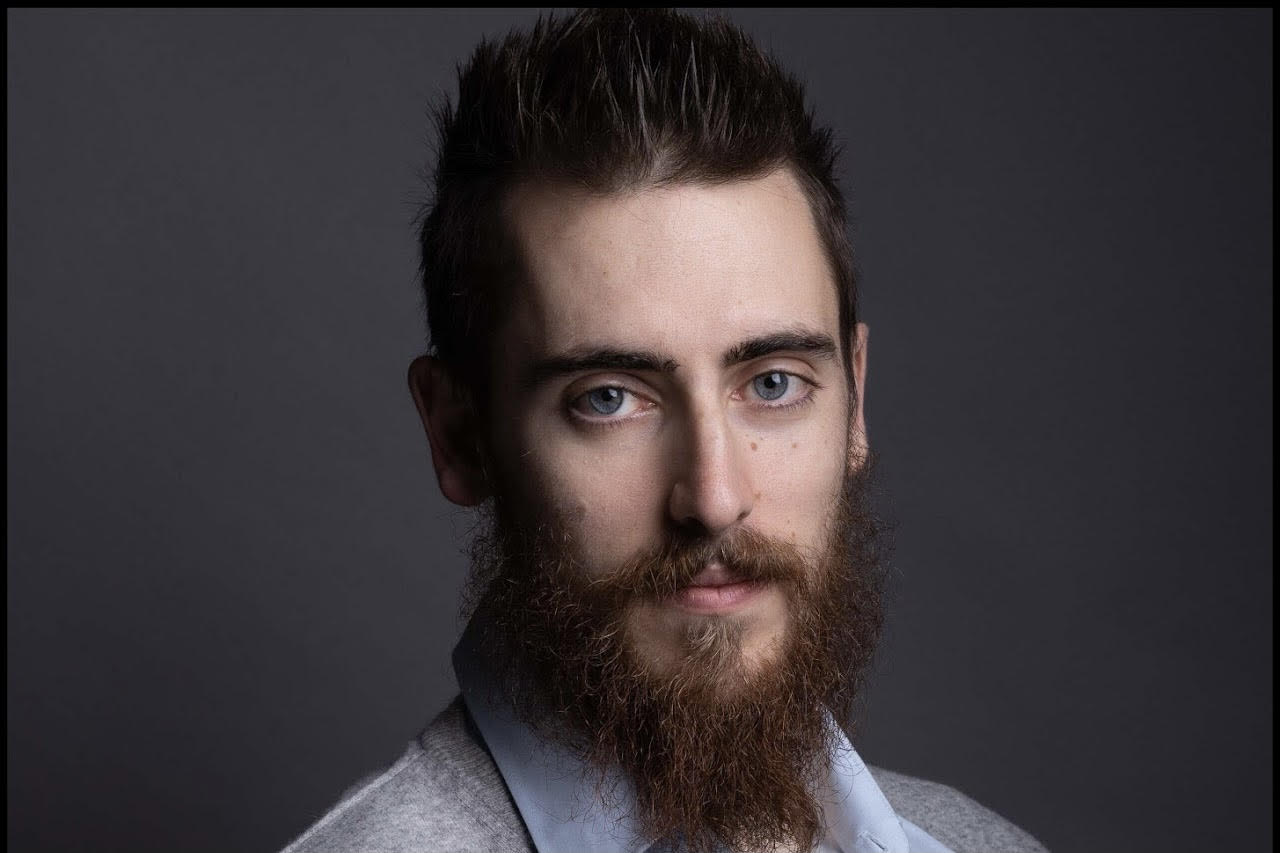
Embedded Security
Christof Paar is a scientific director at the Max Planck Institute for Security and Privacy in Bochum, Germany, and affiliated professor at the University of Massachusetts Amherst. His research lies in the area of embedded security. His group is currently working on hardware Trojans, technical and cognitive aspects of (hardware) reverse engineering, physical layer security and the security of cyber-physical systems. He is one of the spokespersons of the Excellence Cluster CASA – Cyber Security in the Age of Large-Scale Adversaries. Prior to joining MPI, Christof was with the Ruhr University Bochum (2001-2019) and WPI in Massachusetts (1995-2001). He spent the academic years 2008/09 and 2014 – 2016 as a research professor at UMass Amherst. He received a Ph.D. in engineering from the Institute for Experimental Mathematics at the University of Essen in 1994. Read more
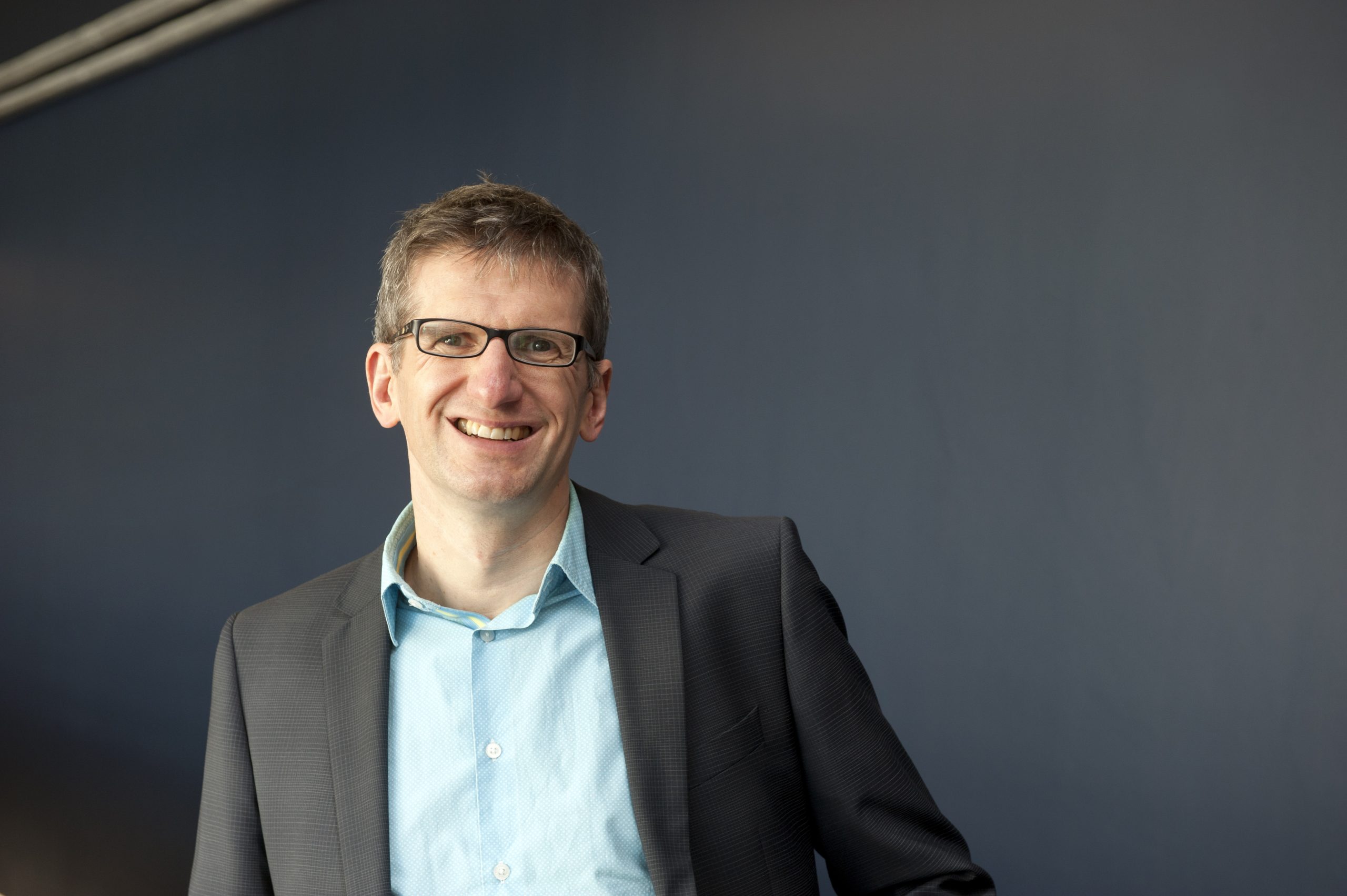
Safety & Society
Dr. Elissa M. Redmiles uses computational, economic, and social science methods to understand and mitigate inequities that arise in users’ digital safety-related decision-making processes and experiences. A few examples of her groups' current work include research focused on improving the adoption of COVID19 apps, on measuring the value of users' online accounts, and on increasing digital safety and equity for sex workers. Dr Redmiles' work has been recognized with multiple national and international awards including Distinguished Paper Awards at USENIX Security, fellowships and awards from the US National Science Foundation and Facebook, and the John Karat Usable Privacy and Security Research Award; her work is frequently featured in popular press publications such as Scientific American, Wired, Business Insider, Schneier on Security, and CNET. Read more
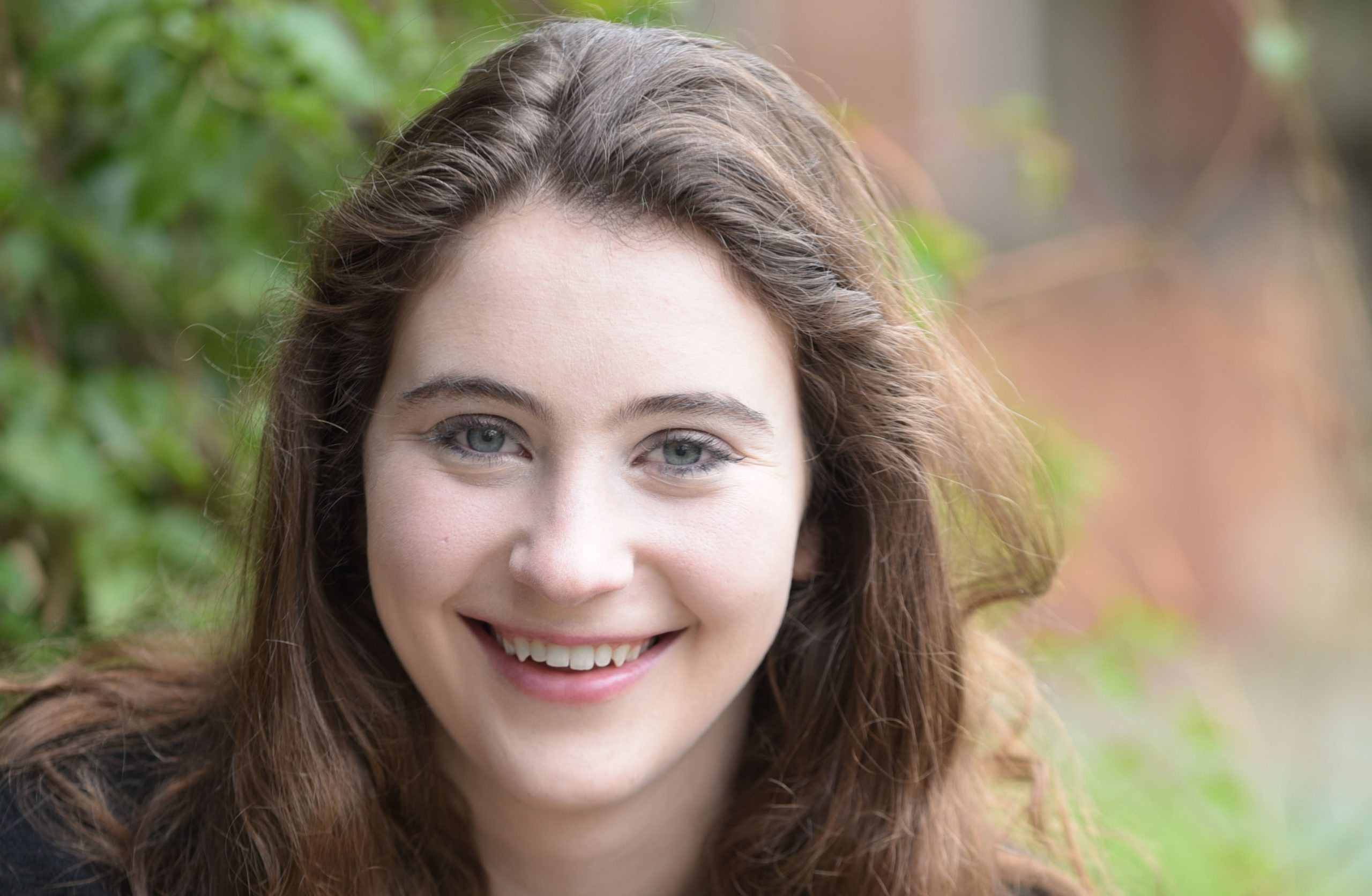
Cryptographic Engineering
Peter Schwabe is a tenured faculty member at the Max Planck Institute for Security and Privacy (MPI-SP). He is also a professor at the Institute for Computing and Information Sciences at Radboud University, Nijmegen, The Netherlands. His research is in the area of cryptography, specifically the design and secure implementation of cryptographic primitives. In recent years he is mainly working on post-quantum cryptography, i.e., cryptographic primitives that run on standard hardware, but remain secure even against attackers equipped with a large universal quantum computer. He was awarded an ERC Starting Grant for this work on engineering post-quantum cryptography. Peter is furthermore interested in high-assurance cryptography, an area that brings together techniques and tools from formal methods and research into cryptographic software to improve the quality of cryptographic systems we use every day to protect our digital assets. Read more
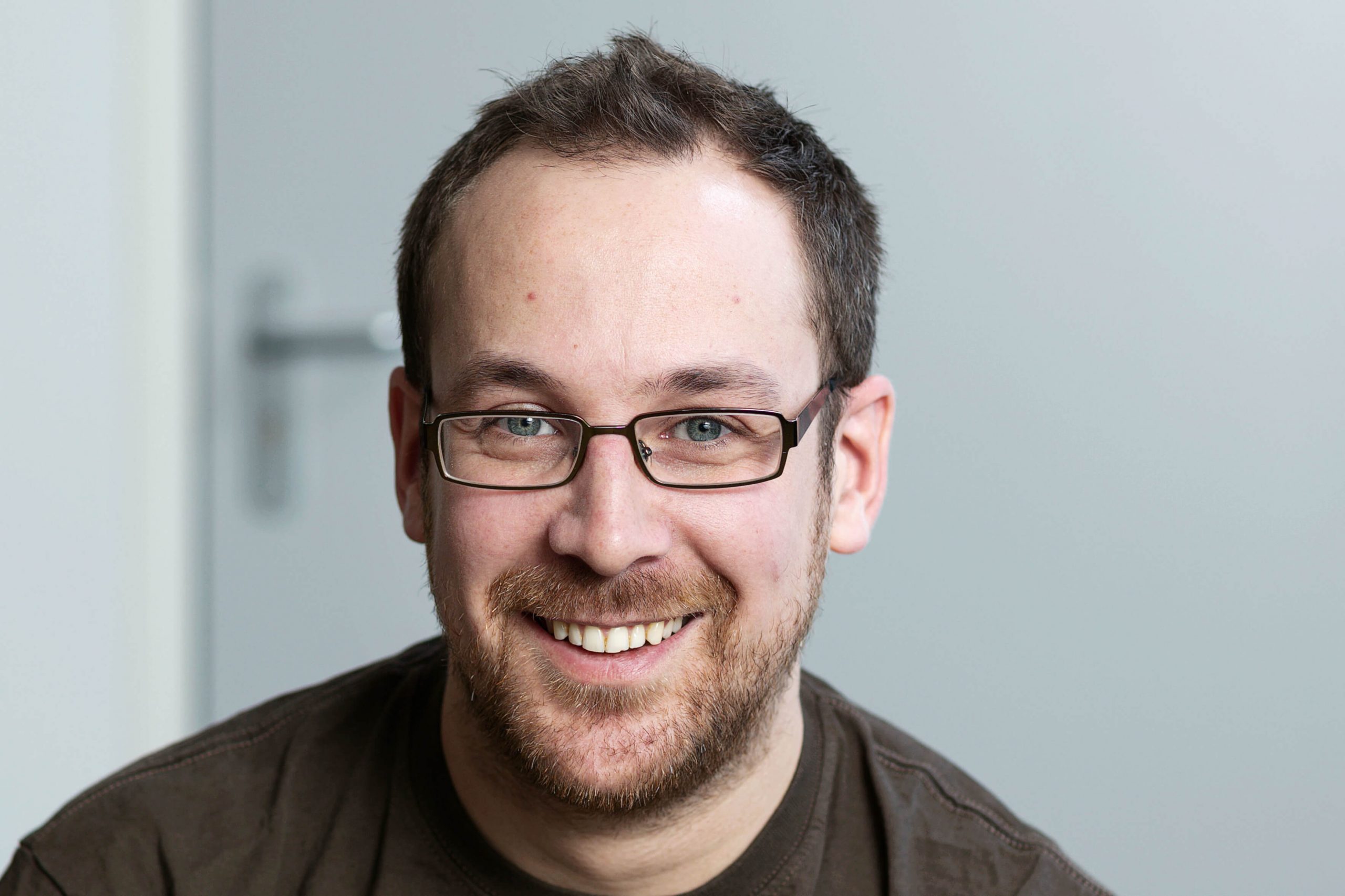
Human-Centered Security and Privacy
Yixin Zou will join MPI-SP in January 2023 as a tenure-track faculty member leading the Human-Centered Security and Privacy group. Her research spans human-computer interaction, privacy, and security, focusing on improving consumers’ adoption of protective behaviors and supporting the digital safety of at-risk populations. Her research has been recognized with the 2022 John Karat Usable Privacy and Security Student Research Award and best paper awards/honorable mentions at ACM CHI and SOUPS. In addition, her research has generated broader impacts on industry practice (e.g., Mozilla and NortonLifeLock) and public policy, including the rulemaking process for the California Consumer Privacy Act. Yixin received a Ph.D. in Information from the University of Michigan. Read more
